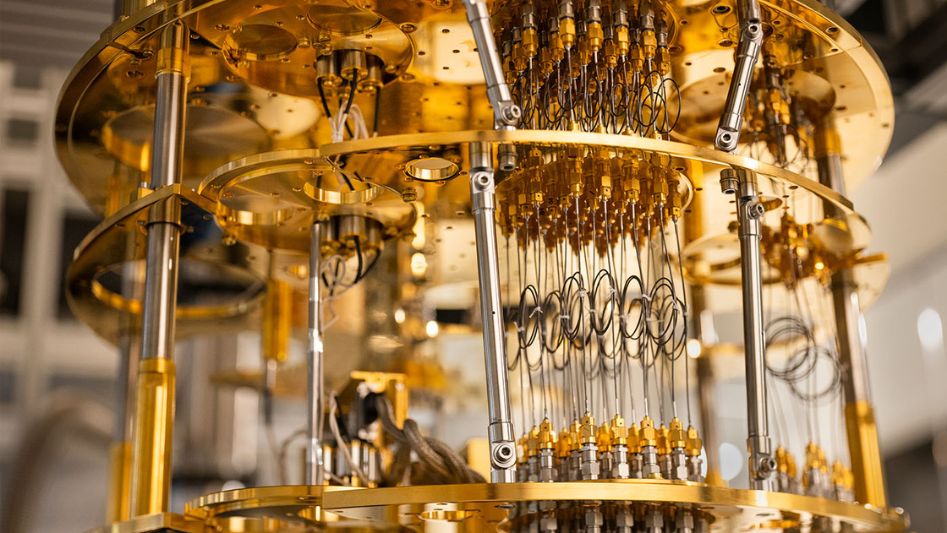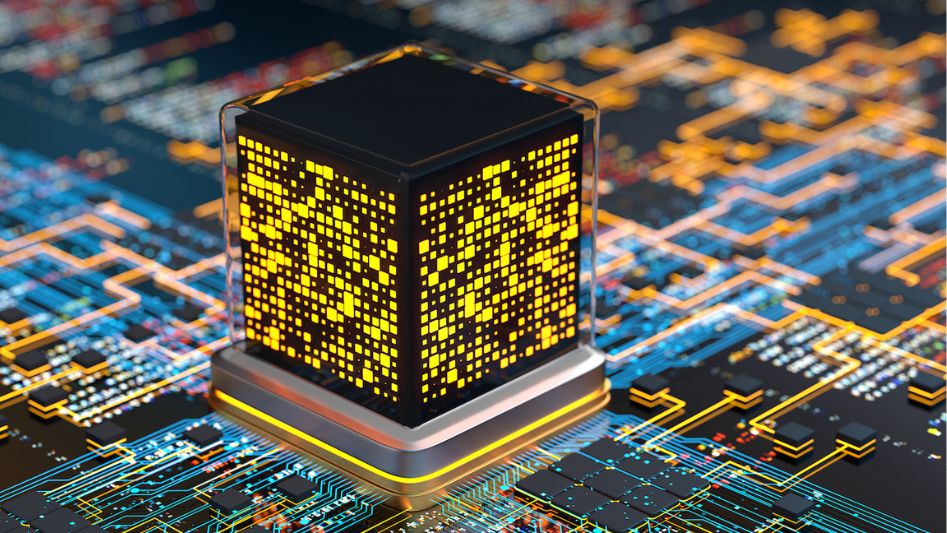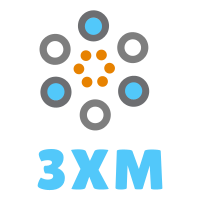
Google is reportedly investing heavily in quantum computing technology, which could one day allow users to perform tasks beyond our reach. Quantum computers are here. And they can crack the most challenging encryption algorithms that exist.
The field of quantum computing is fascinating and complex. It explores the limits of computation and the fundamental building blocks of matter, which allows us to perform operations that would typically be impossible.
Today, we will discuss the possible ways to use quantum computing technology to perform faster and better. Also, are they available in the market?
Quantum Computers
Quantum computers operate in a fundamentally different manner than conventional computers. A quantum computer processes information using the principles of quantum physics.
Meanwhile, Quantum computers take advantage of the phenomenon of superposition, in which an electron can exist in two places simultaneously.
Qubit
A bit is simply a 1 or 0 in binary language. However, the basic unit of a quantum computer is a quantum bit (or qubit). A qubit is a unit of quantum information that holds either a 0 or a 1 value.
A quantum computer uses the same number of bits as atoms in the universe, which is a vast number.
Brief History of Quantum Computers
The first quantum computer was developed in 1982 by Paul Benioff. He was a pioneer in the field of quantum computing. At the start, quantum computers were the stuff of science fiction because No one had ever built a quantum computer before. After that, tech advancement awareness serves a lot for the field.
Data Storage in Quantum Computer
In classical computers, bits of data are either 1 or 0. In quantum computers, however, the states of b 1 and a 0 simultaneously exist. A quantum computer can store more information than a classical computer.
The main problem with quantum computers is that they are tough to build. Scientists still need to figure out how to create them. The quantum computer is on the principle of quantum superposition. It uses a physical property called entanglement to perform calculations.
In case you have no idea about Entanglement! Then it is the connection between two quantum systems that a distance cannot separate. Entangled particles have a unique ability to communicate instantly, regardless of the distance between them.

Number of Existing Quantum Computers in the World
According to recent studies in 2018, it is figured out that there are only 11 11 quantum computers on our planet. By and most are under the ownership of Universities like Bristol, New South Wales, and the University of Science and Technology (China).
Does it is Available in the Market or Can I Buy It?
As per the research, quantum computers have yet to be available in the market. But then, researchers are trying to make the quantum computer a reality soon. The problem is, you can’t buy a quantum computer. Many companies have developed quantum computers, but the technology is still very expensive.
In fact, if you wanted to purchase one, you’d have to pay over $25,000. The problem is that quantum computers aren’t public yet, making it very hard to get your hands on one.
Advantages
- It can solve specific problems that traditional computers can’t solve.
- For example, quantum computing can factor large prime numbers faster than standard computers.
- It is also helpful in breaking specific cryptographic systems.
Disadvantages
- As compared to classical computers, quantum computers are challenging to build.
- The operating cost is too high, as only a few multinationals can afford it.
Conclusion
In conclusion, Quantum computers are still in the experimental stage, but the potential applications are wide-ranging. They can solve specific problems that are currently beyond the reach of conventional computers. For example, the ability to break into secure communications and solve problems too big for conventional computers is only our imagination.

FAQs
How do quantum computers work?
A quantum computer is a computer that uses quantum mechanics to perform calculations. The main difference between a classical and quantum computer is that a quantum computer relies on quantum mechanics for its calculations. As a result, it makes quantum computers extremely fast at specific tasks, such as solving problems that would take ordinary computers millions of years to complete.
What are the limitations of quantum computers?
There are some significant problems with building a working quantum computer. But scientists are making progress in solving these problems. One big problem is that quantum computers must be extremely cold to operate, so they must be kept in the least temperatures.
How are Quantum Computers superior to Regular Computers?
A quantum computer can only perform calculations that can be solved using quantum physics. In general, quantum computers can do things that a classical computers cannot.
For example, they can solve specific problems that a classical computer could not solve, such as factoring large numbers and finding the shortest path through a maze. But because quantum computers are still relatively new, they still need to be powerful to do things that a classical computer can do.
How many qubits does a quantum computer need?
Quantum computers use a unit called a qubit to store information. A quantum computer requires minimum qubits to perform calculations. The larger the number of qubits, the more influential the quantum computer.
What are the applications of quantum computers?
Researchers hope that quantum computers will be able to solve problems that are beyond the scope of classical computers. For example, they could help find the keys to a safe, crack a code, or find a cure for cancer.


Recent Comments